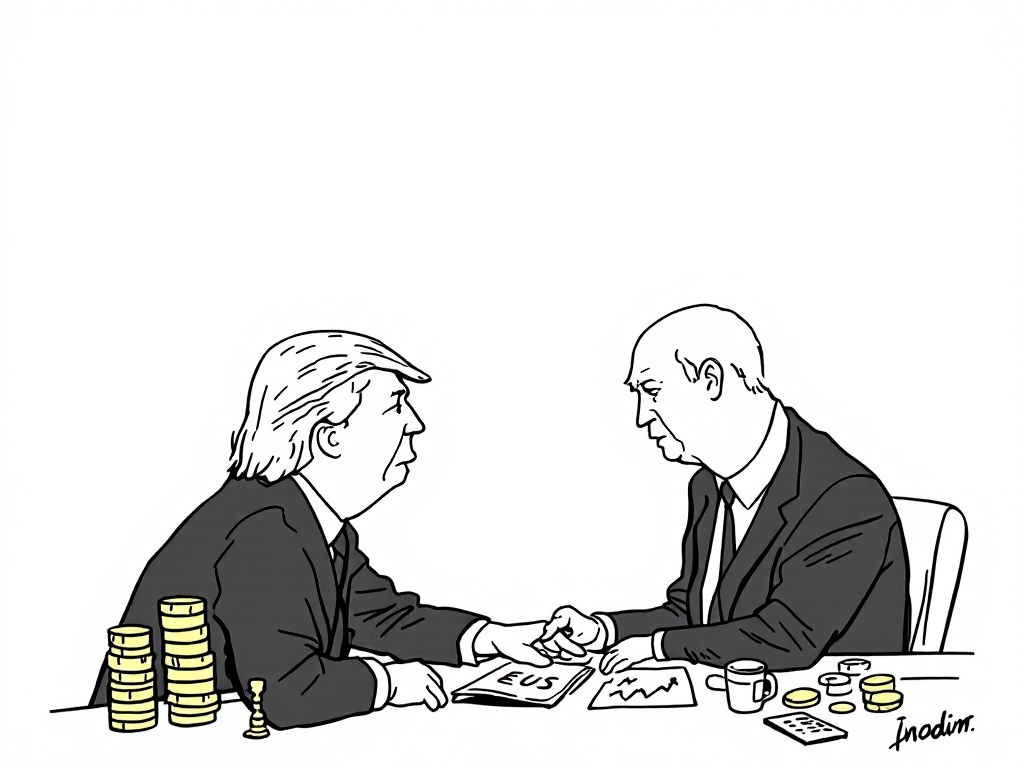Trump Advocates EU Tariffs on China and India to Pressure Putin

Washington, Wednesday, 10 September 2025.
President Donald Trump urges the EU to impose 100% tariffs on China and India, targeting their oil trade with Russia, to pressure Putin into ending the Ukraine conflict.
Trump’s Strategic Tariff Proposal
On Tuesday, 9 September 2025, President Donald Trump proposed a significant economic maneuver by urging the European Union to implement tariffs up to 100% on imports from China and India. This proposal is part of a broader strategy to exert pressure on Russian President Vladimir Putin to negotiate an end to the ongoing conflict in Ukraine. Trump’s proposition was made during a conference call with EU officials, including EU sanctions envoy David O’Sullivan. Both China and India are pivotal in bolstering Russia’s economy through substantial oil imports [1][2][3].
The Role of China and India
China and India have been identified as major consumers of Russian oil, a factor that has significantly contributed to sustaining Russia’s economic resilience amid the prolonged conflict in Ukraine. Trump’s call for tariffs stems from the need to curtail this economic lifeline. However, while the U.S. has already imposed a 25% tariff on Indian imports due to its economic engagements with Russia, the proposed 100% tariffs would represent a substantial escalation aimed at both nations [3][4][5].
International Reactions and Implications
The EU’s response to Trump’s proposal is pivotal, as the U.S. has indicated its readiness to mirror any such moves by the EU. This transatlantic cooperation could intensify economic pressure on Moscow. However, the potential tariffs have been met with criticism, particularly from India, which has labeled the existing U.S. tariffs as ‘unfair, unjustified, and unreasonable.’ The outcome of these discussions could significantly impact global trade dynamics, especially considering that about 19% of the EU’s natural gas imports still originate from Russia [3][4][6].
Future Diplomatic Engagements
Looking ahead, President Trump has planned further diplomatic engagements, including a conversation with Indian Prime Minister Narendra Modi. Despite the tensions over tariffs, Trump has expressed optimism about the ongoing trade negotiations with India, describing Modi as a ‘very good friend.’ This ongoing dialogue underscores the complexity of international relations, where economic strategies and diplomatic ties frequently intersect. As Trump pushes for more stringent economic measures against Russia, the coming weeks will be crucial in determining the extent of international cooperation and the path forward in resolving the Ukraine conflict [2][3][4].